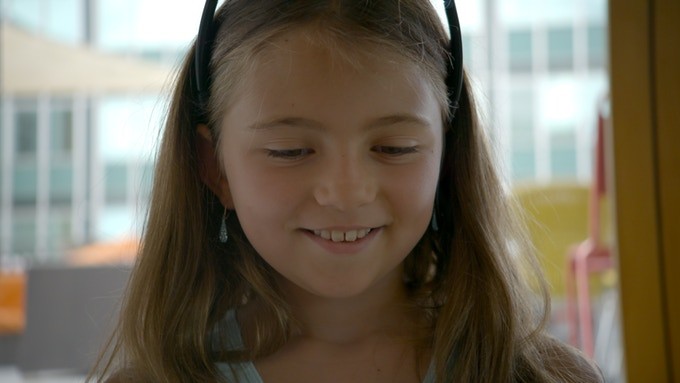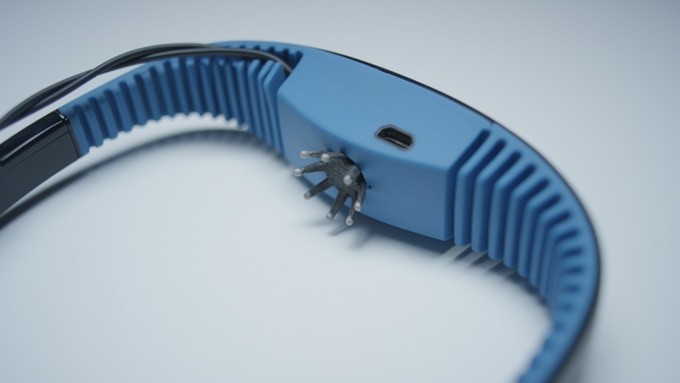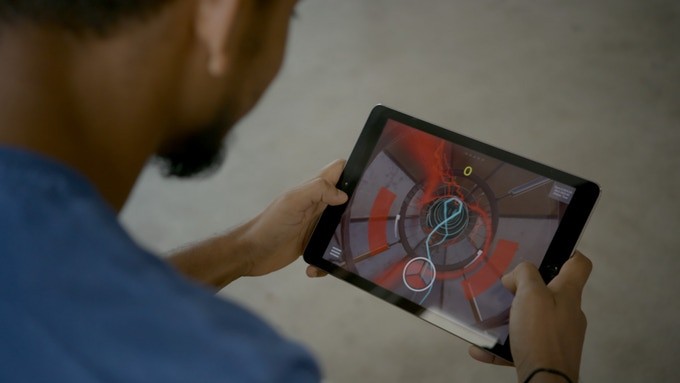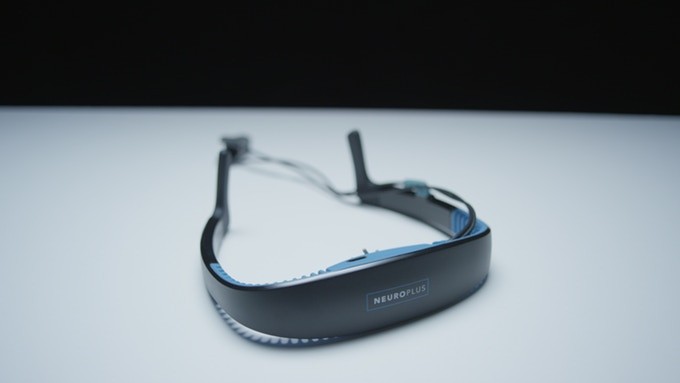
The NeuroPlus team is about a week away from the end of their Kickstarter campaign, almost 99 percent pledged on an all or nothing goal. That means if they don’t make 100 percent of their goal, they will not move forward.
What NeuroPlus promises is to improve focus through scientifically proven research applied in wearable technology. It’s a promise even the most focused among us can’t ignore.
In a world inundated with more and more distractions, the prospect of better focus translates to human keystone values, control, income, and leadership. The sentiment is, if one could focus better, the world would be her oyster.
It’s a brilliant pitch, but will it work. So far, as of this writing, almost 400 people think so. There are 380 backers for the Kick Starter.
NueroPlus, if it works, will improve users’ focus through gameplay. Wearing a headset while playing games, the device reads one’s brain activity, specifically attention.
When the player focuses her attention, gameplay is easier, teaching the brain to remain focused on a system of reward. It’s a brilliant idea.
The Headset
What looks like an accessory for holding back long hair, the NeuroPlus headset rides over the top of a user’s head.
The prototype is black with turquoise accents. It flexes to fit any head. In the middle of the headset, on the business side [A.K.A. The brain side), a small sensor reaches through the hair to measure neurofeedback, and biofeedback via electroencephalogram (EEG), and Electromyography (EMG).
EEG reads brain activity, which is the way NeuroPlus measures focus. The EMG portion measures muscle tension.
The more calmly one plays the games, the easier the games are to play.
The Games
The games are not much different than the sort of games one would play on a normal gaming console.
There is first person hovercraft game, a shooting game, and one where the player controls a dragon in flight.
The key is that the headset tracks fidgetiness, and brain activity. It ports into a smart device like a phone or tablet, where the player views the gameplay.
When the player doesn’t sit still, the screen will display warnings like “sit still,” but more importantly, the responsiveness of the game decreases. The more one loses focus, the harder is the gameplay.
Over time, players learn to sit still and focus better.
The Research
According to the NeuroPlus team, the research on neurofeedback’s ability to improve focus is extensive.
The key is connecting brain activity with visual or audio feedback. That’s where the headset comes in. (See the previous section.)
What the team at NeuroPlus has found is that the prototype has a positive effect on everyone, but the results with children are exceptional, especially those with attention issues.
For parents who want to help their kids focus but would prefer not to administer medication, the allure of better focus for their little one is beyond tempting.
One testament on the Kickstarter from a parent reads, “For the first time ever my son had made the honor roll. He doesn’t take any medication and he never has.”
According to NeuroPlus, attention metrics improve by at least 200 percent, if not in excess of 300 percent in some areas. The research they provide is from researchers at Duke and Stanford University.
While it seems the NeuroPlus team will make their do-or-die goals, what we do not yet know is how this technology will play out in the open market.
Kickstarter campaigns have a history of risk. Too often, great ideas become exactly nothing. Investors can lose out, but they are successful enough that the platform rages on.
The 400 backers of this one are confident in the product, but only time will tell.
Check out this video from the campaign.


